Page 1
Tag: CFCs
-
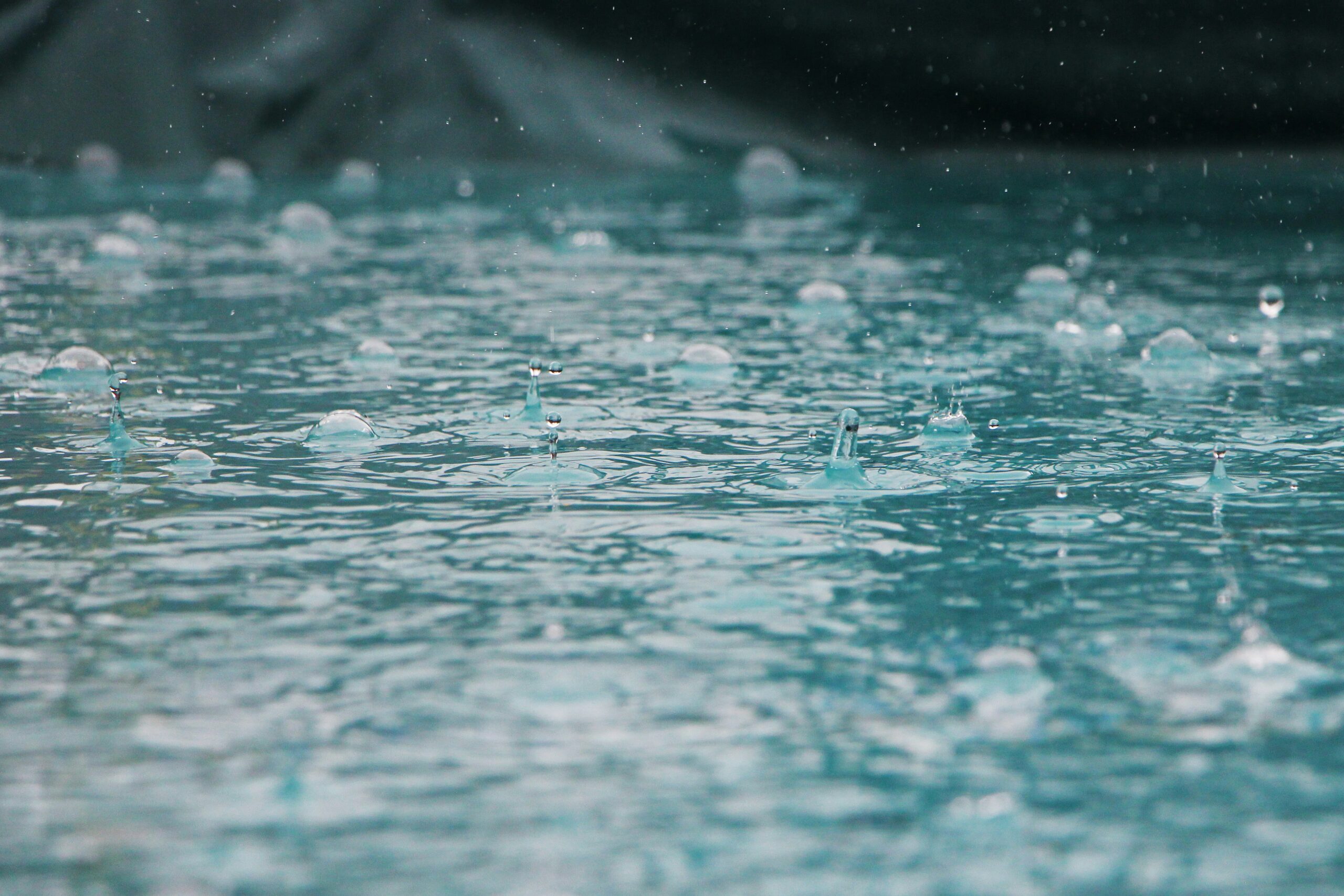
New studies explore causes and consequences of TFA accumulation
Research continues into increased levels of trifluoroacetic acid (TFA) in the environment, with refrigerants found to be a dominant source.
-
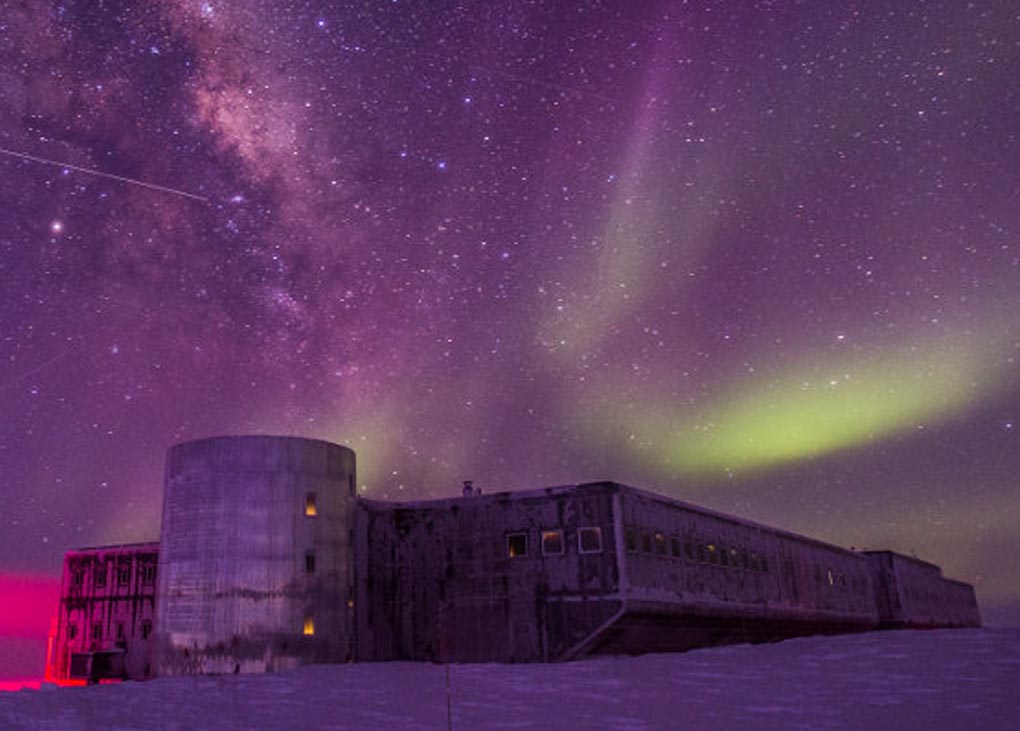
CFCs on the rise again?
A new study has found increased emissions of chlorofluorocarbons (CFCs), despite their production being banned under the Montreal Protocol. The researchers say the most likely cause is a “loophole” that allows the creation of CFCs during the production of other chemicals, including common synthetic refrigerants. The research, published in Nature Geoscience and led by the […]
-
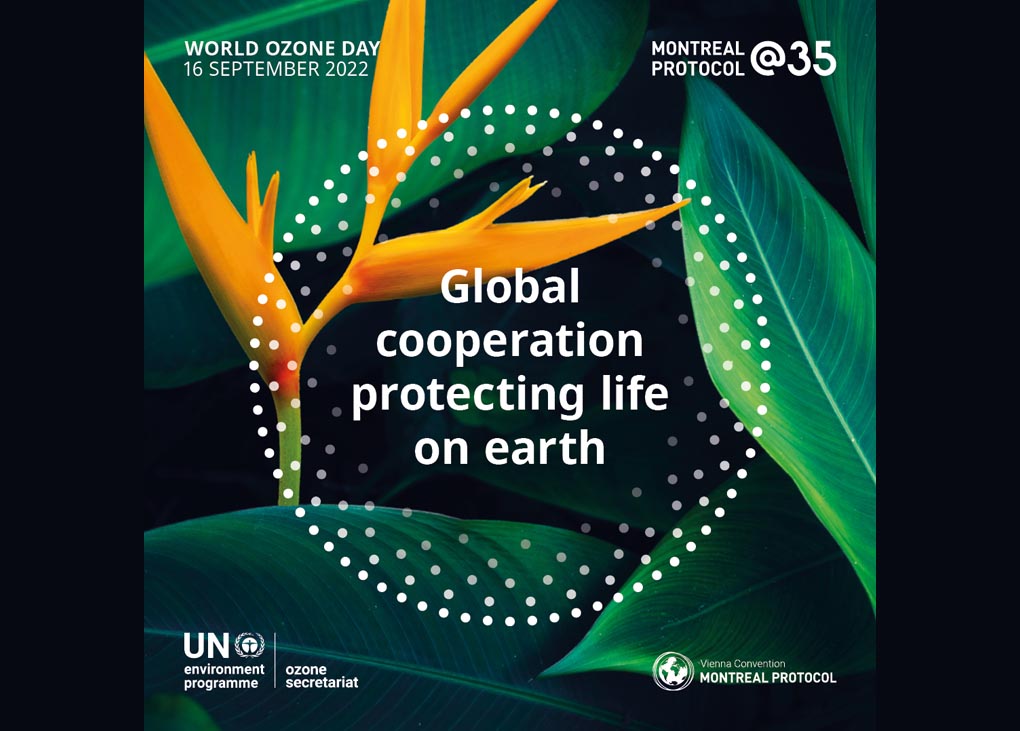
Celebrating milestones on World Ozone Day
World Ozone Day is being celebrated on September 16 with the theme “global cooperation protecting life on Earth”, in recognition of the 35th anniversary of the Montreal Protocol on Substances that Deplete the Ozone Layer. On September 16, 1987, governments adopted the Montreal Protocol to control and reduce ozone-depleting substances, mainly chlorofluorocarbons (CFCs) and halons. […]
-
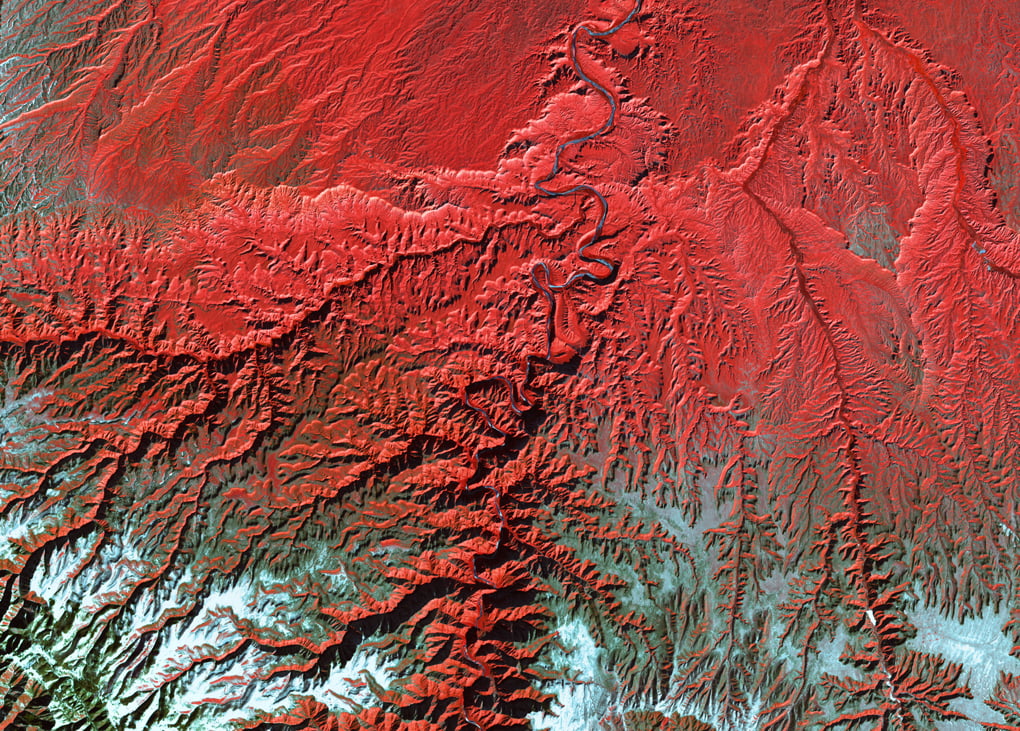
CFC ban helped avoid scorched earth scenario
A new study from Lancaster University in the UK has revealed that continued deterioration of the Earth’s ozone layer could have had catastrophic effects on our planet, exacerbating global warming and impacting all plants and animals. The work also reinforces the importance and success of the Montreal Protocol, which phased out ozone-destroying CFCs with the […]
-
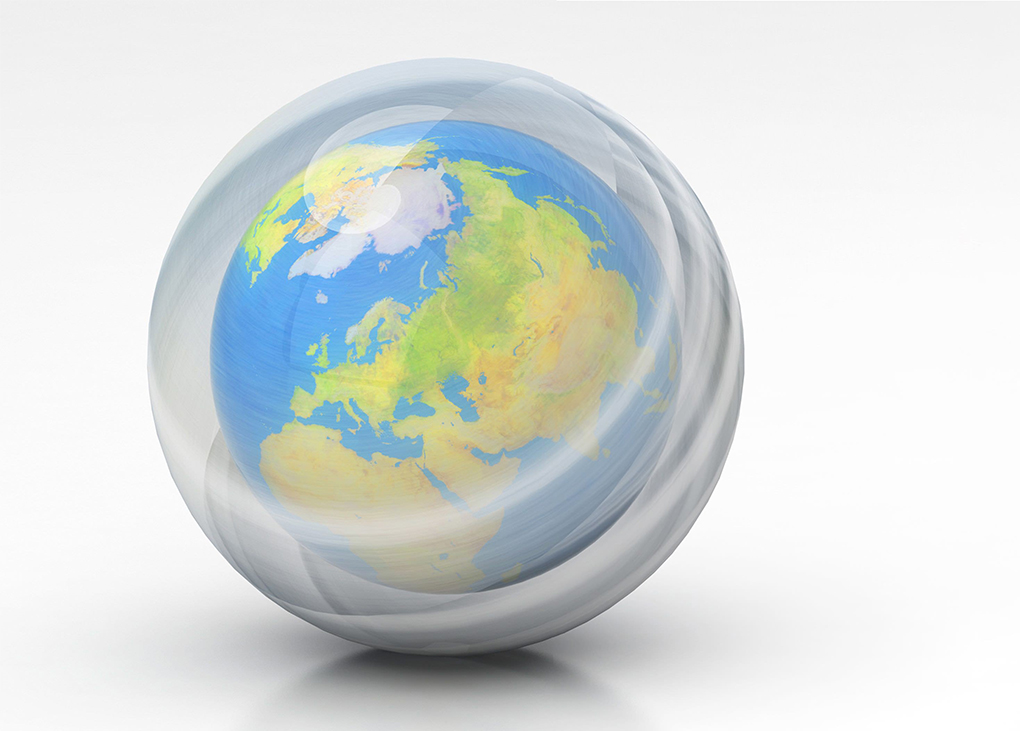
Celebrate healing of the ozone layer
World Ozone Day is held on September 16 to commemorate the anniversary as well as achievements of the Montreal Protocol. The Montreal Protocol on Substances that Deplete the Ozone Layer was signed on September 16, 1987, to protect the ozone layer by limiting the production and use of ozone-depleting substances. Hailed as the most successful […]
-
CFC-11 still being used illegally
Earlier this year, reports emerged of a “mysterious” rise in CFC-11 (trichlorofluoromethane) quantities in the atmosphere. This was surprising, because CFCs had been phased out by the Montreal Protocol due to their harmful effect on the ozone layer, and were thought to be virtually extinct. Now, a new report from the Environmental Investigation Agency (EIA) […]